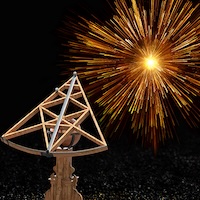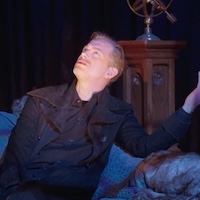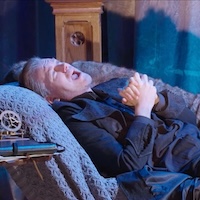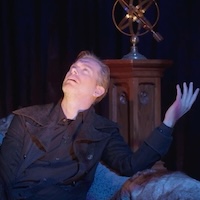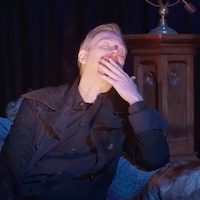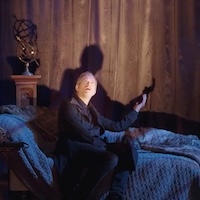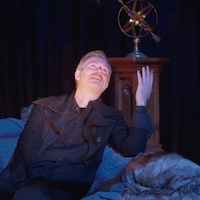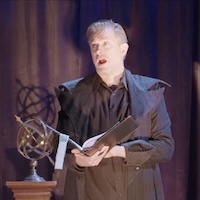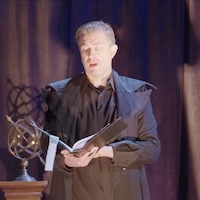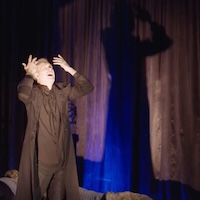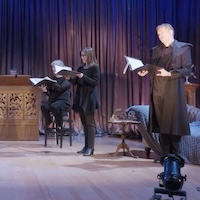Toronto Consort (267)
Astronomer, astrologer, alchemist. Nobleman, who rejected his upbringing to pursue love and knowledge. Bon vivant, eccentric – a laughable curmudgeon – unmistakable with his metal prosthetic nose. Lord of a Danish island, architect of the greatest observatory in the world. Innovator of scientific instruments that could measure the movements of the Heavens with a precision not known before. Renaissance man, who barely glimpsed the possibilities the 17th century would bring.
Tycho Brahe’s life straddled eras, nations, paradigms. His scientific method was a huge leap forward, while his belief that the sun orbited the earth was old-fashioned. As one of the last naked-eye astronomers, he studied the “wandering stars” (our planets) without having any idea what they were. His quarrelsome nature eventually got him exiled from Denmark to the Emperor’s court in Prague, where he had no observatory, no scientific instruments, and only one assistant: Johannes Kepler, who would go on to use Tycho’s exceptionally precise data to model the elliptical orbits of the planets around the sun, almost exactly as we know it to be true today.
In Celestial Revolutions, we meet Tycho on his deathbed in the days between October 13 and 24, 1601. As he succumbs to infection following a ruptured bladder, time and space become fluid. He has a final chance to speak to the people who have orbited his life, imagining each as one of the “wandering stars”. The stars entwine with the bright musical sounds of the streets of Prague: cimbalom, bells, hurdy-gurdy, guitar. He hears his own writings turned to songs: a star map of his eponymous supernova (De Stella Nova); a poem mythologizing his sister Sophie and her distant lover (Urania Titani). He rages at his lifelong rival Nicholas “Ursus” Bär, somehow back from the dead (Dance of Impotent Rage). Delirious, he imagines himself exiled from his own body as he sings his last words on earth: Let me not seem to have lived in vain.
The choruses that bookend the program are a solar system of voices and instruments, each orbiting a single word. "Amicitia" means friendship, alliance, a circle of relationship. For Tycho and his community of scientistpoets, amicitia was a sacred bond between learned people around the world, strengthened by the sharing of knowledge. Tycho saw his work as belonging to a genealogy of learning, made possible by the astronomers before him, and allowing for new discoveries by the astronomers of the future.


